Free school lunches will help parents reduce the pressure of picking up and dropping off their children in the middle of the day.
At a meeting with voters in the three districts of Ba Dinh, Dong Da, and Hai Ba Trung ( Hanoi ) before the 9th session of the 15th National Assembly (morning of April 17), General Secretary To Lam suggested that Hanoi could study a policy to support free school lunches for students, in parallel with exempting tuition fees and could be implemented from the 2025-2026 school year.
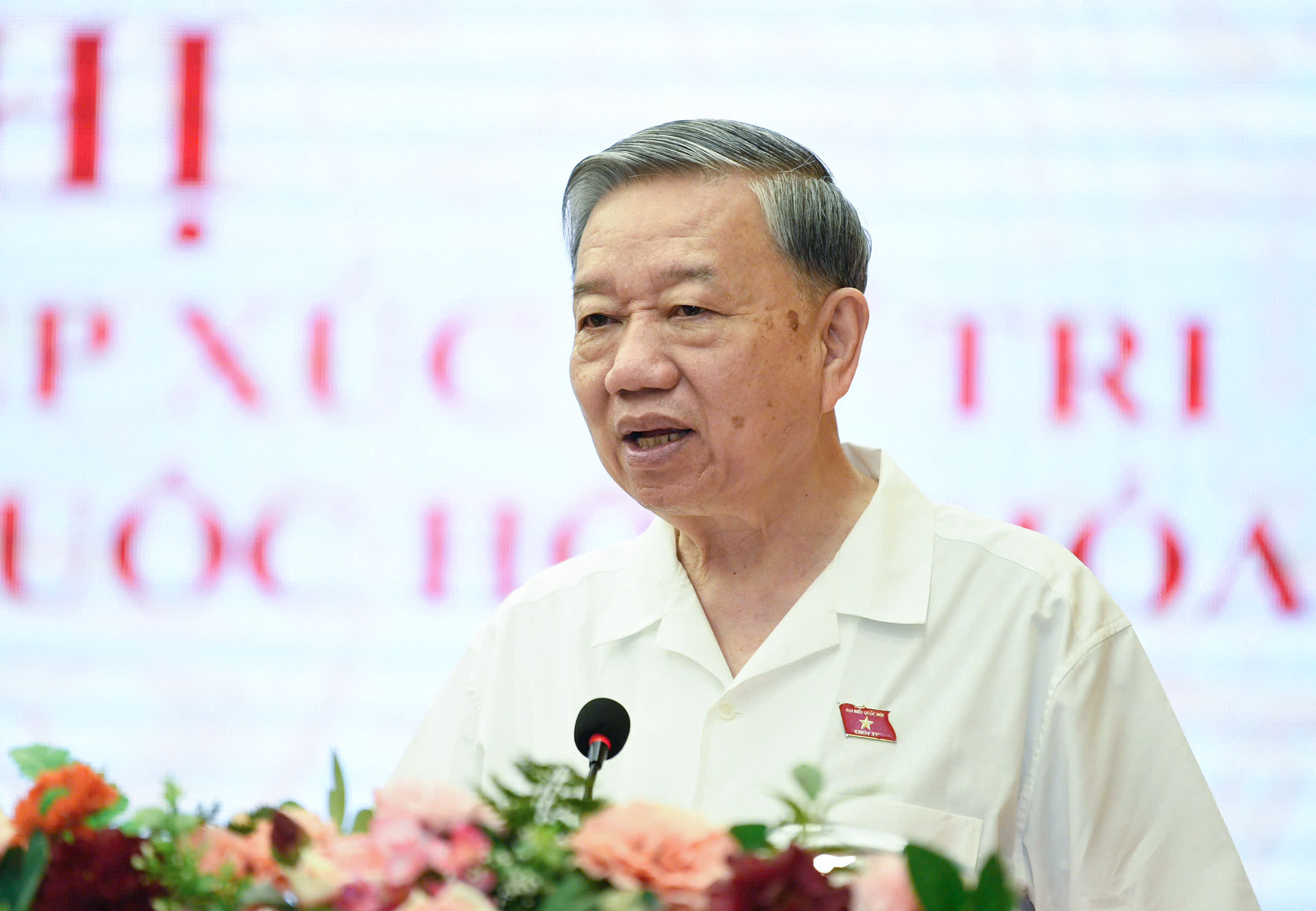
The General Secretary pointed out that Hanoi currently has 1.2-1.3 million primary and secondary school students, each free meal costs about 30,000 VND. Thus, with the city's budget revenue in the first quarter of 2025 of about 250,000 billion VND, Hanoi can completely do this.
Right at the conference, the above suggestion of General Secretary To Lam immediately received the agreement of all voters and delegates attending the meeting, expressed by the simultaneous applause immediately afterwards.
Besides suggesting free lunch, General Secretary To Lam also suggested reducing the pressure of studying for students, creating conditions for them to have more time to play, entertain and explore other subjects.
Leading the country in budget collection, Hanoi needs to be a pioneer
Sharing about this suggestion, Associate Professor Dr. Tran Xuan Nhi, former Deputy Minister of Education and Training, said that along with exempting tuition fees, this will bring practical benefits, and the main beneficiaries are students and parents.
“Students who go to school are well-fed, physically and mentally healthy, and can concentrate on studying all day. Parents will also feel secure when sending their children to school,” said Mr. Nhi.
Regarding the provision of free lunch, according to Associate Professor Dr. Tran Xuan Nhi, many countries around the world have implemented it to encourage children to go to school, so that they can have nutritious meals and follow a balanced diet. In addition, students also eat the same, regardless of rich or poor.
“If this policy is implemented, it will be very good and humane. However, it is necessary to implement many synchronous solutions such as fighting waste and negativity, from which there will be ‘more than enough’ to take care of meals, tuition fees, and the quality of students will also be improved,” he said.
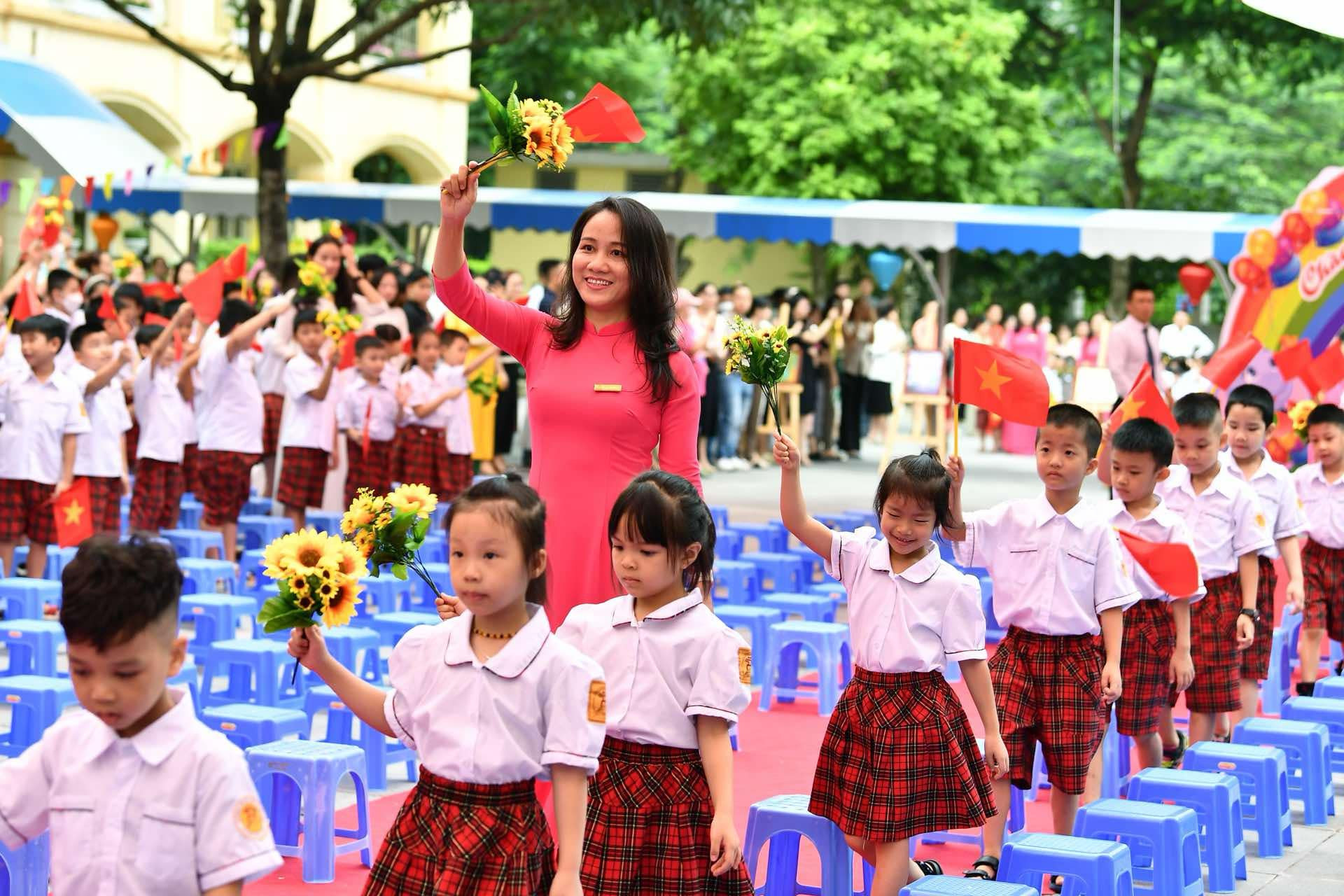
Associate Professor, Dr. Tran Xuan Nhi said that as a locality with the leading budget revenue in the country, Hanoi needs to take the lead, pioneer in implementation, and create a model for other localities to learn from and replicate.
Sharing the same view, independent education expert Bui Khanh Nguyen sees this as a humane policy, because students really need to be supported with nutritious meals right at school.
“Hot meals at school are very important for students’ physical development and have a long-term impact on their lives. In many cases, meals are a great help to poor students,” said Mr. Nguyen.
According to this expert, if school meals are provided free of charge, the quality is not compromised, and they are designed with better nutritional standards than meals at home for many disadvantaged families, this will make the school a second home for students and directly support the most disadvantaged families.
In addition, with free lunch at school, students who study two sessions a day will not have to go back and forth four times a day, reducing the time parents spend picking up and dropping off, thereby focusing on work.
At many inner-city schools today, because parents have to work all day, most students stay at school to eat. Ms. Le Thi Tuyet Lan, Principal of Xuan Phuong Primary School (Nam Tu Liem, Hanoi) said that organizing lunch right at school helps parents somewhat "not have to rush to pick up their children and take them to school, which is very tiring".
According to the service fee for students stipulated in Resolution 03, 35,000 VND will be collected for lunch. Ms. Tuyet Lan believes that if this support is provided, families will somewhat reduce the economic burden when their children go to school. "Parents will certainly be very excited if this policy is implemented," Ms. Lan said.
Mr. Nguyen Xuan Khang, Chairman of the Board of Marie Curie School (Hanoi) assessed that this is a humane policy, "in line with the people's wishes". From free tuition, free lunch for boarding students, if implemented, these are all practical investments, helping students have the opportunity to develop comprehensively, a strategic investment for the "future generations of the country".

Source: https://vietnamnet.vn/tong-bi-thu-goi-mo-mien-phi-bua-trua-cho-hoc-sinh-ha-noi-nen-tien-phong-2392419.html


![[Photo] General Secretary To Lam chairs a working session with the Central Internal Affairs Commission](https://vphoto.vietnam.vn/thumb/1200x675/vietnam/resource/IMAGE/2025/5/22/3b7790f499da45b2803d8ae253207ef1)
![[Photo] T&T 1 and Ho Chi Minh City 1 People's Police Teams won the men's and women's team championships](https://vphoto.vietnam.vn/thumb/1200x675/vietnam/resource/IMAGE/2025/5/22/39db06ae67cb4001b7a556e8d9a56d07)
![[Photo] Prime Minister Pham Minh Chinh chairs meeting on draft Resolution of National Assembly on International Financial Center in Vietnam](https://vphoto.vietnam.vn/thumb/1200x675/vietnam/resource/IMAGE/2025/5/22/d398664ff1a140629169ea5a24e1b4d0)
![[Photo] Press delegation meeting to visit Truong Sa and DK1 Platform](https://vphoto.vietnam.vn/thumb/1200x675/vietnam/resource/IMAGE/2025/5/22/6b8d232877ec421a9e8187d83b9f8006)


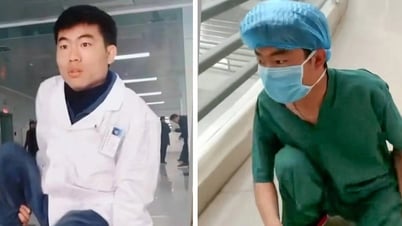

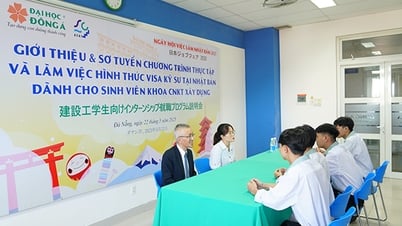



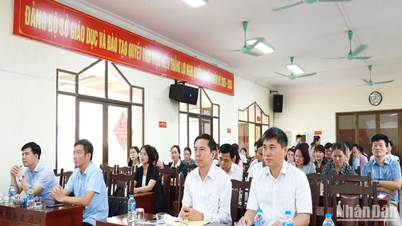

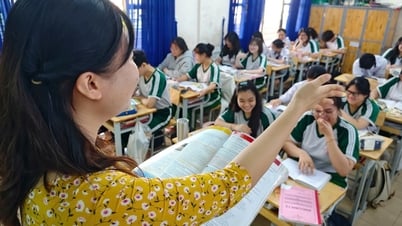

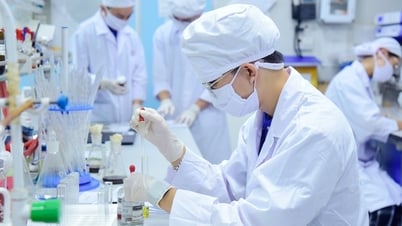




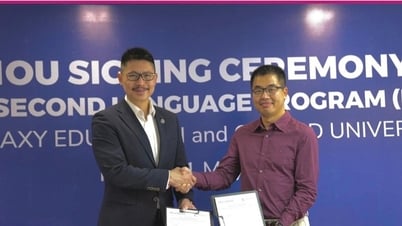




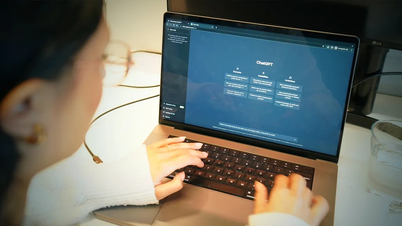
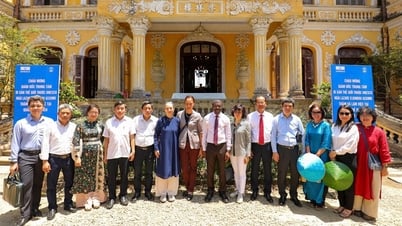








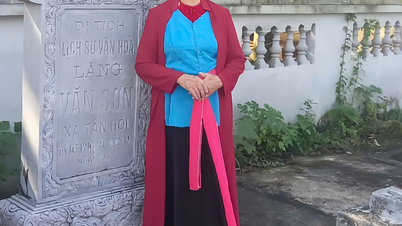












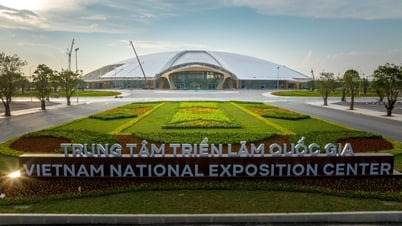

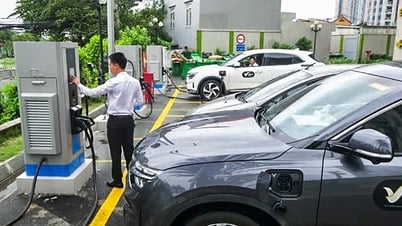






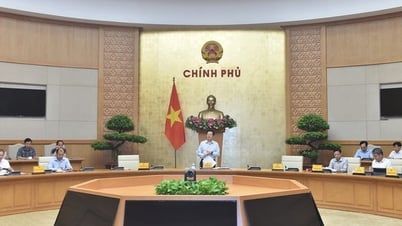

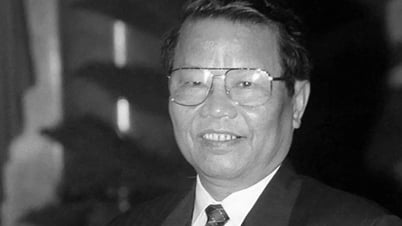
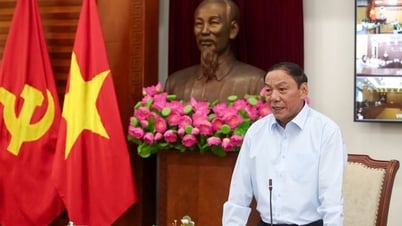
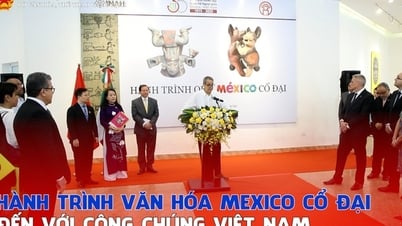
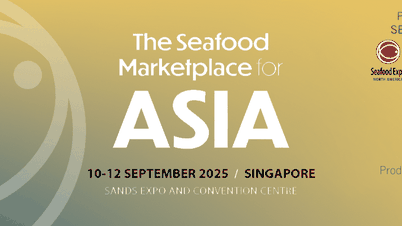

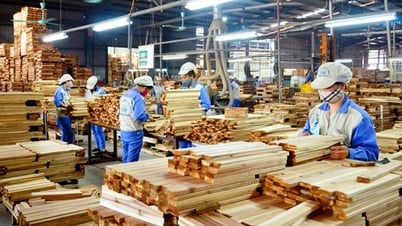






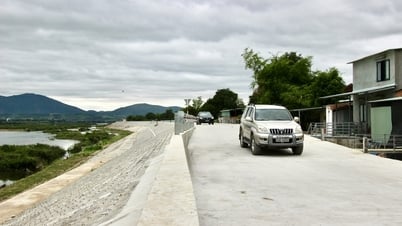

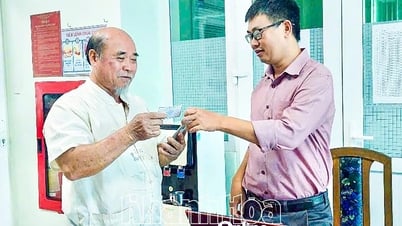





![[Podcast] Week introducing more than 500 OCOP products in Hanoi](https://vphoto.vietnam.vn/thumb/402x226/vietnam/resource/IMAGE/2025/5/22/d144aac2416744718388dbae3260e7fd)





Comment (0)